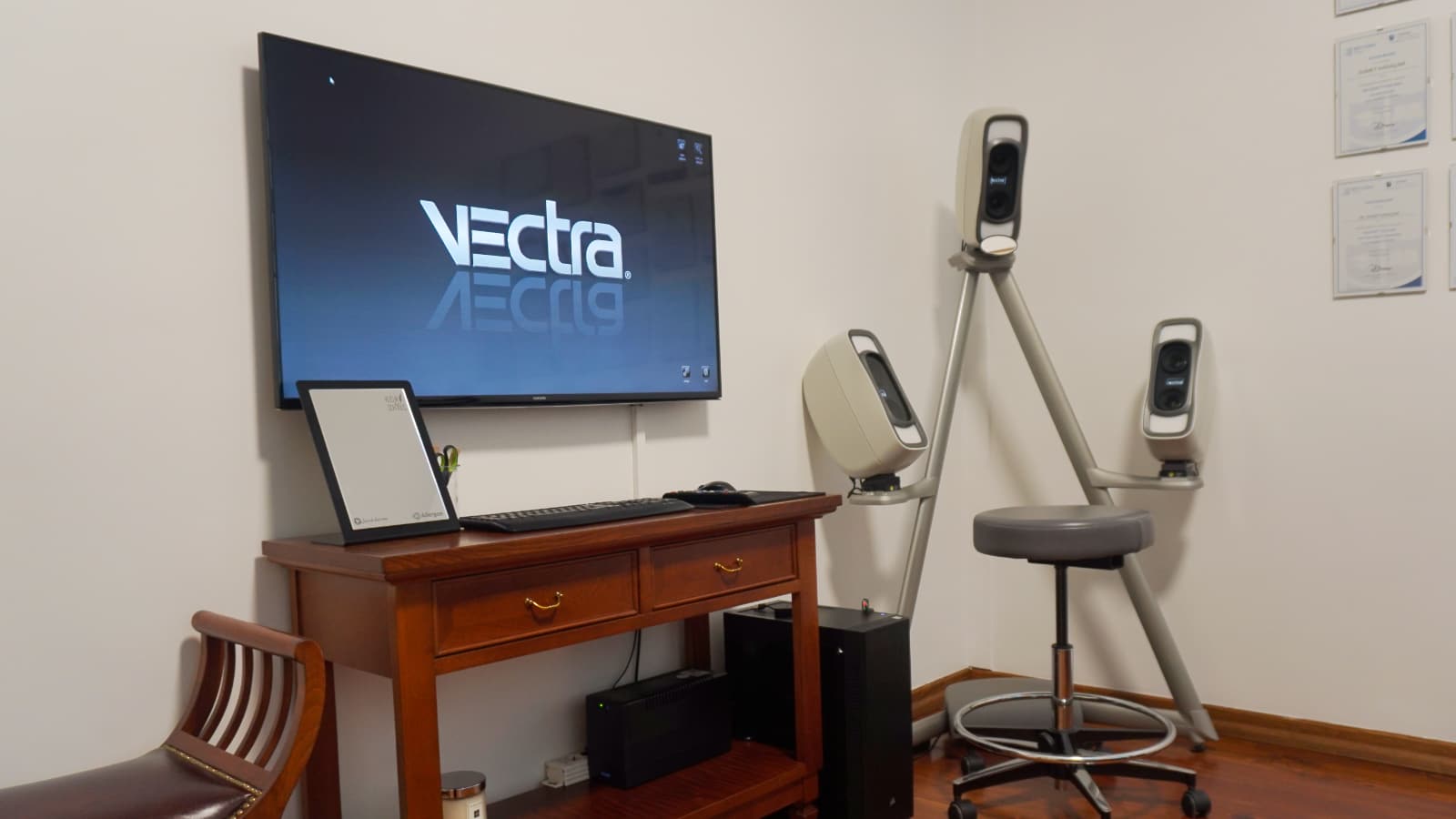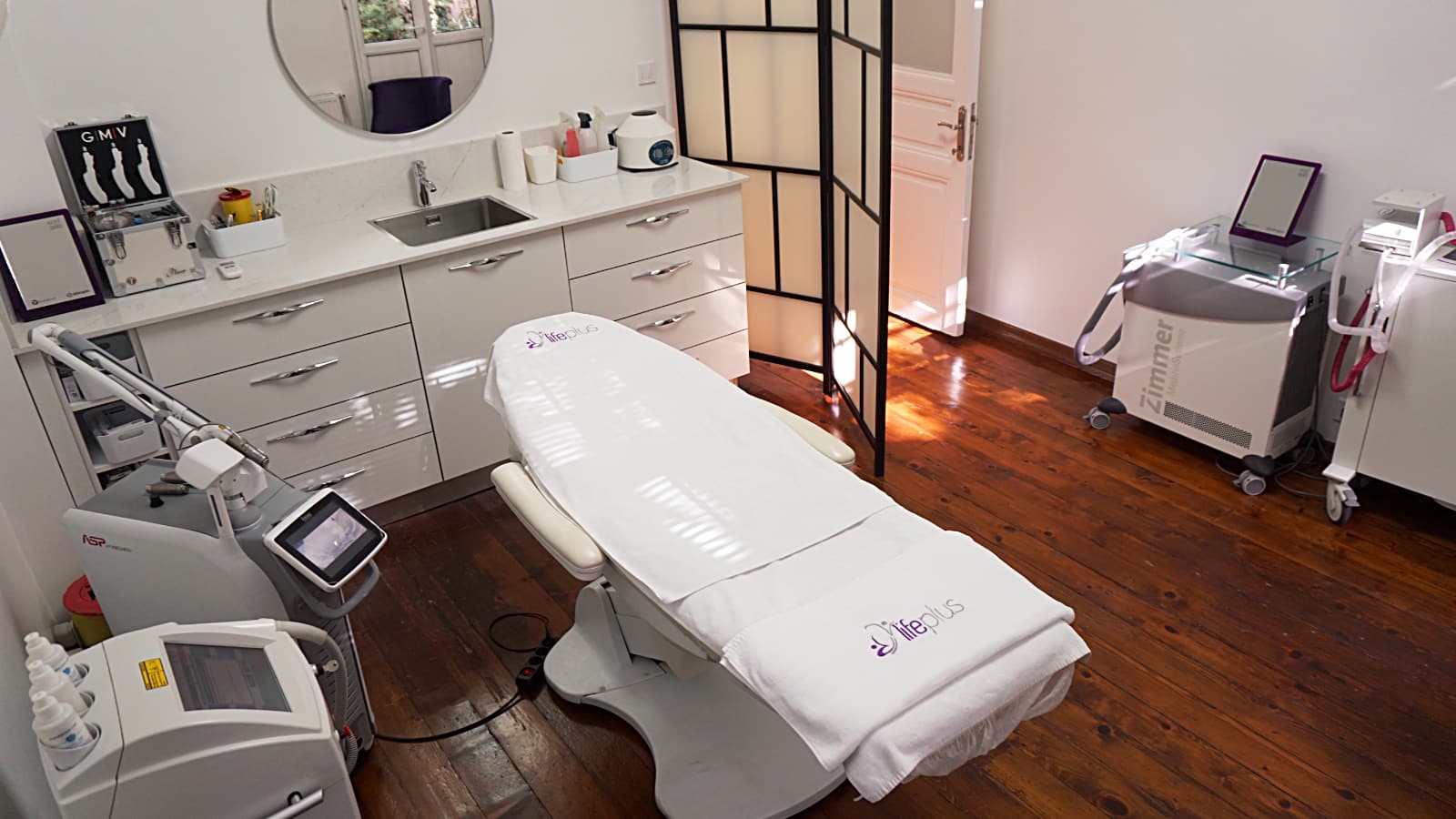Zinc
Zinc is a trace element that plays a significant role in activating the activity of nearly a hundred enzymes. It is essential for the healthy functioning of the body.
Those with a deficiency can be more susceptible to illness, emphasizing the importance of having sufficient zinc in the body’s cells. To enhance the body’s natural defense capabilities and address existing deficiencies, intravenous zinc supplementation is recommended. Zinc provides several benefits to the body; it supports the immune system, prevents the invasion of harmful pathogens, and is necessary for proper cell division.
Low levels of zinc can lead to various symptoms. Zinc has the ability to reduce infections and the severity of reactions to specific stimuli. It can also increase energy and mental clarity and promote skin structure and integrity. In addition to regulating age-related changes in healthy tissues, intravenous zinc supplements are recommended to maintain sensory and bone health.
Zinc enhances the body’s ability to defend itself against foreign invaders. As a result, an improvement in energy levels can be observed after IV zinc administration. Regular zinc supplementation can strengthen the skin, hair, and nails, reduce bacterial growth, and speed up the healing process, making zinc beneficial in managing various concerns, including managing cracks.
What is Zinc, and What Are Its Benefits?
Zinc is an elemental mineral with numerous benefits. The body needs zinc for essential daily functions such as hormone production, immunity, digestion, growth, and cell repair.
Zinc also has anti-inflammatory properties and provides various therapeutic benefits for diseases like cancer and heart disease. It has antibacterial and immune support properties. Notably, it is highly effective in fighting acne. Zinc is found throughout the body’s tissues and is necessary for proper cell division. It acts as a powerful antioxidant that can combat free radicals and slow the aging process. Zinc is also required for hormone production, and its deficiency can lead to infertility.
Zinc Deficiency and Symptoms
Zinc deficiency occurs when there is not enough zinc-containing food consumed or when digestive disorders affect zinc absorption in the body.
High levels of zinc are found in animal proteins, including meat and seafood. It is also present in legumes and grains.
Symptoms of zinc deficiency can include:
- Chronic fatigue
- Craving salty or sweet foods
- Altered taste and smell
- Weight gain or loss
- Infertility
- Digestive issues
- Poor memory and concentration
- Hair loss
- Skin infections
- Delayed wound healing
People at Risk of Zinc Deficiency:
- Vegans are at a high risk as their diets lack the primary source of zinc—animal protein.
- Individuals with chronic gastrointestinal and digestive problems often experience zinc deficiency.
- Women using birth control pills might be at risk of zinc deficiency.






